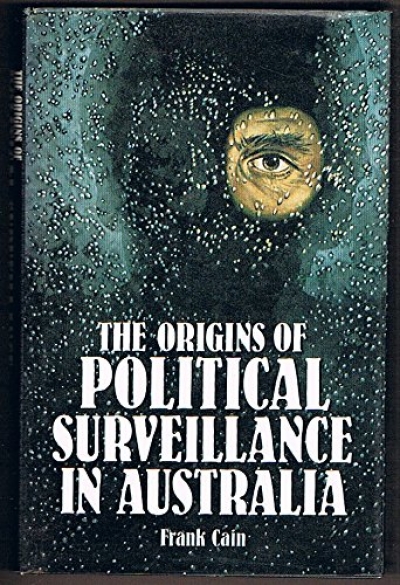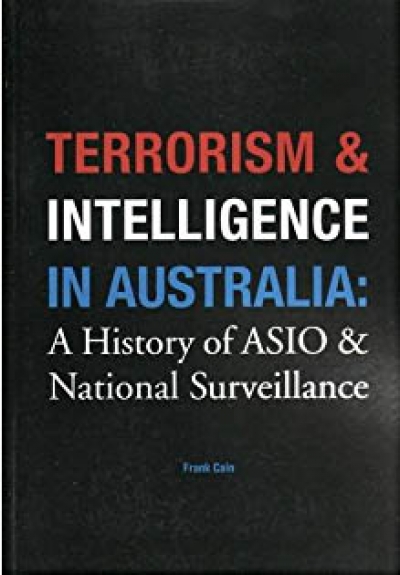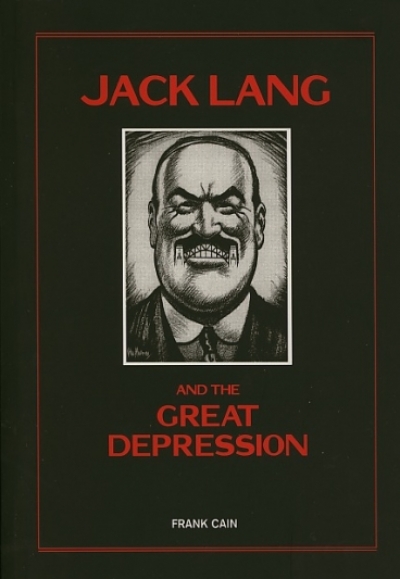Frank Cain
The Origins of Political Surveillance in Australia by Frank Cain
by Alex Sheppard •
Terrorism and Intelligence in Australia: A history of ASIO and national surveillance by Frank Cain
by Andrew O'Neil •



